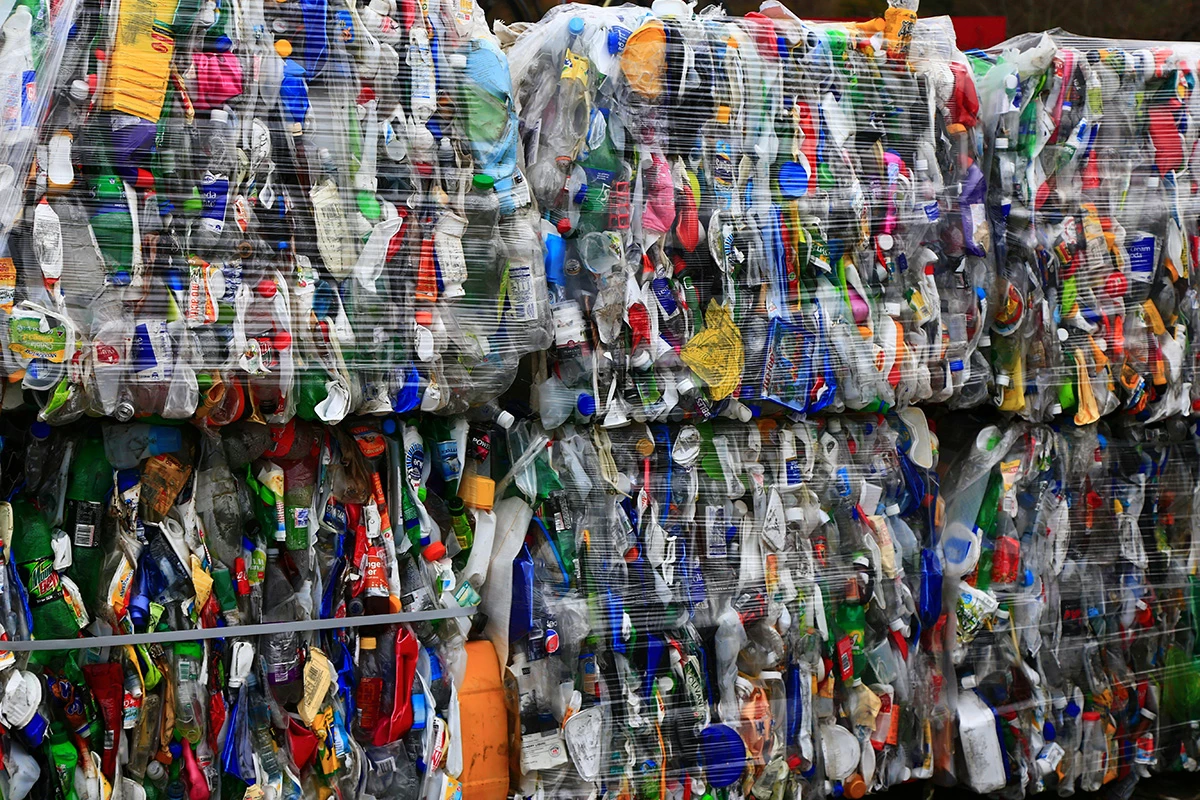One of the biggest challenges in recycling plastic is that there are several kinds of plastic that end up in our bins – and those variations in composition necessitate sorting out waste before processing it. Sorting is expensive and time-consuming, even with tech involved, and it greatly reduces the effectiveness and efficiency of recycling programs.
Researchers at Illinois' Northwestern University might have a way to largely skip sorting plastic. Their process uses an inexpensive catalyst that selectively breaks down the most common single-use kind of plastics into liquid oils and waxes that can be upcycled into lubricants and fuels.
Tobin Marks, senior author of the study that appeared in Nature Chemistry this week, explained, “Our new catalyst could bypass this costly and labor-intensive step for common polyolefin plastics, making recycling more efficient, practical and economically viable than current strategies.”
The polyolefins Marks is referring to are what trash bags, plastic wrap, squeeze bottles, and other disposable single-use packaging are made of. It's estimated that more than 220 million tons of polyolefin products are manufactured annually around the world – but only 1% to 10% of it is recycled globally, in part because this material is awfully hard to break down.

With its single-site design, the nickel-based catalyst preferentially cuts carbon-carbon bonds when used in plastic recycling processes. As such, it selectively breaks down only branched polyolefins for easier upcycling. It's especially remarkable because, as co-corresponding author Yosi Kratish notes, "polyolefins don’t have any weak links. Every bond is incredibly strong and chemically unreactive.”
This catalyst also happens to operate at a lower temperature and require less hydrogen gas to act on plastics. It also remains stable when exposed to polyvinyl chloride (PVC), a compound commonly found in pipes and flooring that contaminates plastics in the recycling process to the point where the entire batch becomes unusable and must be discarded. In fact, the inclusion of PVC actually accelerated the catalyst-driven process further.
Hopefully, the team's catalyst will soon figure in global recycling efforts, especially since the amount of plastic we produce each year is expected to skyrocket in the next couple of decades – going from 464 million tons in 2020 up to 884 million tons in 2050.
Source: Northwestern University




